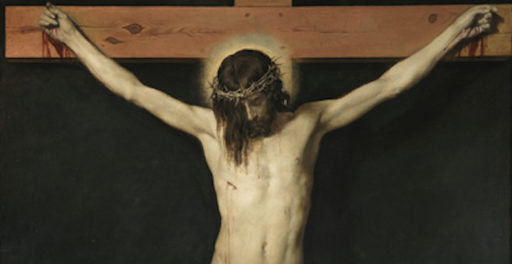Franciscan Fr. Murray Bodo is not slowing down. At age eighty-five, he has just published his eleventh book of poems. (For his previous poetry collection, and all his other writings, see my earlier post.
Titled Canticle: The Beauty of Art’s Intrusion, this new volume ranges widely. The first section, called “Radiance,” includes poems on love and on light (the light of God, the light that moves through our life, light as gift). The “Canticles” section includes a meditation on gun violence (“if god is everywhere / then we’re killing // god every day”). The “In a Time of Covid” section touches on the pandemic and on politics. In the section called “Visitations,” poems engage deer, sparrows, and the mystery of language itself. The “Profiles” section includes poems on some friends and on going to Assisi (the home, of course, of St. Francis, where Bodo led pilgrimages for decades). The section titled with the book’s subtitle, “The Beauty of Art’s Intrusion,” includes poems on St. Francis. And finally, the “Reprise” section is, in part, a reprise of Bodo’s own life.
There’s clearly too much here for me to cover in this post. So I’ll touch on some dimensions of these poems that especially move me. One is the rich, full silence that many of the poems evoke—especially when musing on the mysterious relation of mind to the outside world. Take, for instance, “A Tree. A Rock. A Cloud,” which begins:
There is a tree in the place
where the imagination
transforms tree to piñon tree.
There is a rock that rests next
to the tree, a rock made of
petrified wood in my mind.
And all of this is under
a cloud that does not diffuse
in the place of memory.
Or another in Bodo’s series of tree poems, “Lecture,” on the mystery of silence in relation to speech:
This is wisdom, this spreading
tree behind you as you speak
It is silent-saying, deep-
rooted in life-giving soil…
The tree remains, you will leave
your words peripheral tothe wisdom you speak of
which, like the tree, is silence…
And the poem “Dedication,” which opens the volume:
What you’re still holding
must be unsayable
clear as glass, milky as isinglass
layered like love
like life
between dreaming and waking
between forgiving
and giving for
The wordplay in those last two lines makes me smile, as it does in other poems—like “the outpouring / in-pulling God” in “Waking Dreams.”
In previous books, both prose and poetry, Bodo has returned to his childhood in Gallup, New Mexico and his going off to seminary in Cincinnati at the age of fourteen. Now, at eighty-five, he wonderfully conflates his youth with his present life. Take the long poem “To Go to Assisi.” Here, at one point, his young self is walking up the road to St. Francis Seminary, walking toward his current self—
walking down till
they meet and walk
in dizzying circles
until they break
the circle and they
become one walker
of more roads ahead
having befriended
each other
their self in the other
no longer strangers
happy that they like
what they see: who
they were in what
they became and
and who they became
in what they were
What a gift, it seems to me: to happily merge one’s current self with one’s youth some seventy years ago.
And finally, I can’t end without addressing the poem whose closing line is the book’s subtitle: “The Beauty of Art’s Intrusion.” The poem, “The Beautiful Christ,” reflects on Velazquez’s painting “Christ Crucified,” which is reproduced on the facing page (the only visual image in the book). After describing the painting, with its Christ drooping his head and his “almost feminine shock / of hair,” the poem moves into Bodo’s relation to this painting in his youth:
I prayed my adolescence
holding this holy card close
in a protective embrace
ambiguous ambivalence
in holding it to my heart
my head drooping, hair fallen
kissing the violated feet
holding the unholdable
beauty of art’s intrusion
Art’s intrusion. In a sense these two words don’t belong together. “Intrusion” carries a negative connotation—butting in where you’re not wanted. Yet in Bodo’s vision, art’s intrusion into our lives is positive: it is “beauty.” So there’s a paradox here—one that, taken all together, the poems of this volume ponder.
Peggy Rosenthal has a PhD in English Literature. Her first published book was Words and Values, a close reading of popular language. Since then she has published widely on the spirituality of poetry, in periodicals such as America, The Christian Century, and Image, and in books that can be found here.





